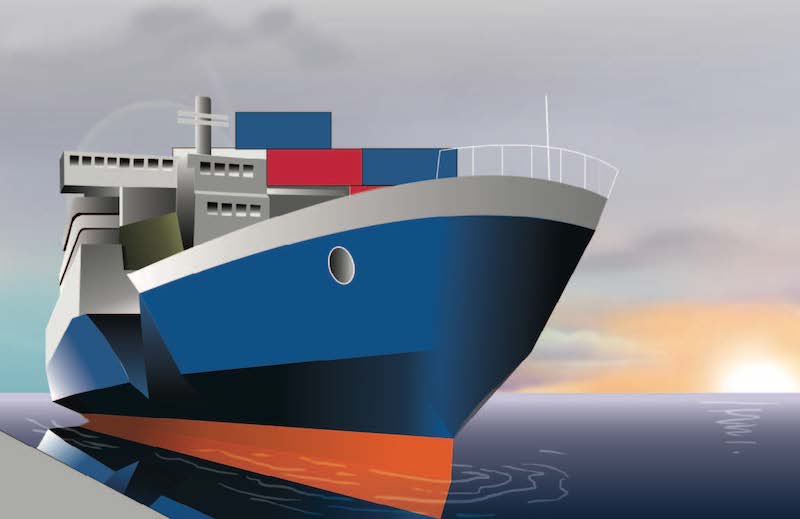[ad_1]

There is urgent need to upgrade the Eastern ports
Despite repeated promises from the Nigerian Ports Authority (NPA) management at different times, Calabar port suffers chiefly from low water depth. Hundreds of billions of Naira that have been invested by the federal government to dredge the water channel made little impact. And that has deprived the port, which is closer to the landlocked Niger Republic than Cotonou in Benin Republic, of good business.
Maritime stakeholders have been asking pertinent questions for which the authorities have failed to provide answers. Why has dredging the water channels defied the odds? Why is the nation unable to provide the necessary infrastructure and reduce the excessive pressure on the Lagos ports? Why can’t the Calabar port along with Port Harcourt, Warri and Koko ports be developed as haven for importers in the region? Indeed, why can’t they be equipped with good infrastructure and capacity to compete in the growing cargo and maritime business?
In ranking the Lagos ports as 358th out of 370 ports assessed globally, the World Bank Container Port Performance Index 2021 raises certain fundamental issues. In compiling the Index, the report stated that, “The intention was to, in a comparable manner, identify gaps and opportunities for improvement that will ultimately benefit all stakeholders, from shipping lines to national governments to consumers.” Some of the consequences of poorly performing ports, according to the report, include scarcity, inflation, slower growth, unemployment, and high international trading costs. The assessment was on ports with a minimum of 20 valid port calls within the 12-month period of the study.
Major stakeholders at a recent workshop agreed that the federal government has failed to position the ports among the best on the continent because of series of botched policies, even with the ease of doing business initiative. Experts in the maritime sector said about 60 per cent of all imports to West Africa are destined to Nigeria. But what gets to our seaports is barely 10 per cent. For years, the Lagos port has been gravely challenged by poor accessibility and this is a colossal economic loss for the country. “Most ships bringing goods to Nigeria prefer to go to other ports”, said maritime and commercial lawyer, Olisa Agbakoba, SAN. “It’s like you buying a car in Liverpool; the car will go to Benin Republic ports instead of going to Lagos because of the Lagos port is completely inefficient.”
Indeed, it is Benin Republic that benefits from the large market of Nigeria. Cotonou has remained the haven for most importers. Huge trade cargoes are also lost to Togo and other neighbouring countries from where they are offloaded and transshipped to Nigeria due to poor shipping connectivity and shallow draft of the port channels. There are no reliable figures, but the cost must be staggering to the nation. It is estimated that in 2016 alone, the country lost about N250 billion to the neighbouring countries due to poor shipping connectivity, poor state of the ports and inefficiency.
There is therefore the need to upgrade the Eastern ports to be competitive in terms of tariff and infrastructure. John Obasi, a port operator, once underscored the need, especially for the Calabar port, because of its proximity to the northern states. “You can imagine how many trucks that move from Lagos to the North on daily basis. So, imagine when those trucks are diverted to Calabar. It means saving a huge amount of money, and it’s a great relief on Lagos and its roads.”
The underutilised seaports in Nigeria have the capacity to significantly increase our national revenue and indeed our GDP.
[ad_2]
Source link








